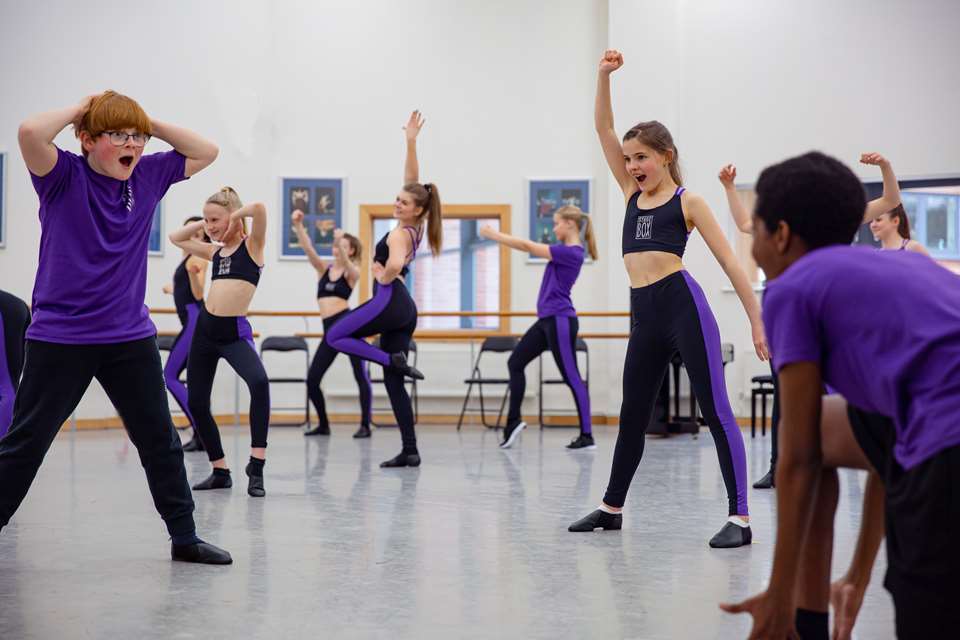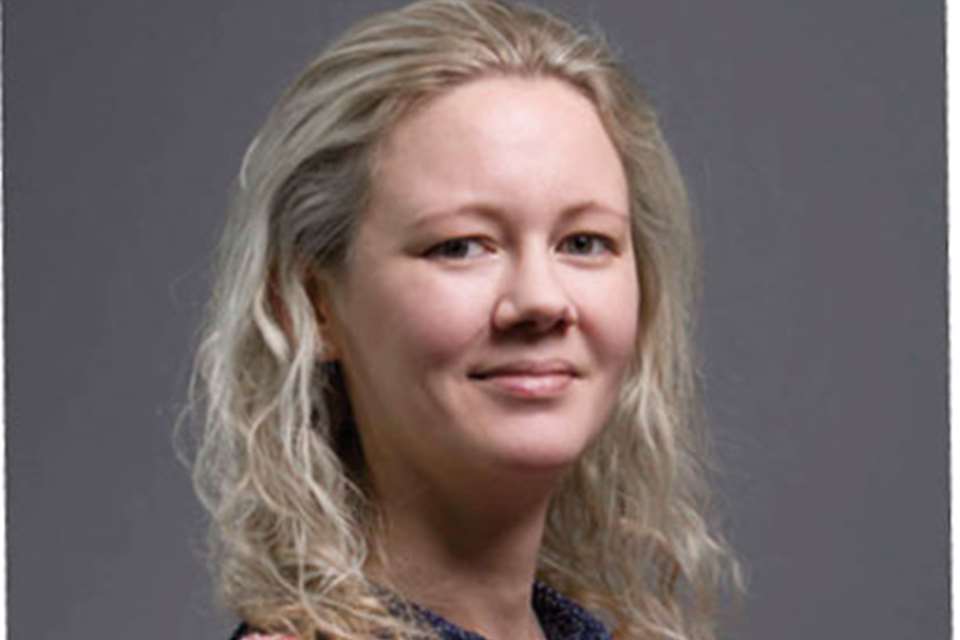Opinion with Geoff Readman
Geoff Readman
Thursday, December 1, 2022
'What does the leaked Drama crib sheets for Ofsted inspectors tell us?'

Crib sheets and training materials for Ofsted's newly appointed inspectors were brought to light recently, in a leak that meant they were quickly shared across the internet. They communicated some important messages that all secondary specialists need to be aware of – and might not be all that happy with.
Unfortunately, the ‘guidance’ shared in these documents could dilute or even undermine Drama's curriculum identity and confuse teachers about Ofsted's expectations. It's unclear whether the focus is ‘Drama within English’ or ‘Drama as a subject in its own right’. If it is the latter, then the guidance dismisses a significant body of drama and theatre practice. If it is the former, then it is unrealistic and confusing. This confusion will surely be reflected in the inspectorial process teachers’ experience.
Sadly, these comments are restricted to the secondary curriculum, as the primary section makes no reference to Drama at all, which is astonishing. Is this an indication that Ofsted does not value Drama in primary education or simply that it has no access to drama specialist subject advice?
There are positive recommendations that drama specialists might welcome. For example, it claims that a strong department recognises that Drama is ‘art, a practical activity and an intellectual discipline.’ It also advises that the KS3 curriculum should not be an ‘easier version of KS4’, a route many teachers have been compelled to follow, due to schools’ placing too much emphasis on results.
However, it is the inclusion of statements that have no research evidence which is most concerning. For example, the author feels free to redefine ‘Drama Conventions’ as ‘approaches’, thus removing their artistic integrity without any academic argument. Drama specialists are aware that conventions can be used as teaching strategies, but they also know that ‘conventions’ are inherently theatre practices, reflecting role, dramatic tension, form, aesthetics, narrative and critical reflection. Ofsted needs to understand these structural elements of practice, if it expects a strong department to be teaching all pupils ‘an exploration of dramatic art’.
The confusion continues. On the one hand, the guidance supports ‘exploring performance text’ and the theatrical conventions in which texts were created, whilst the concept of pupils as theatre-makers is under-valued. Research evidence recognises that, in artistic subjects, pupils need opportunities to learn as artists in their own right.
Ofsted should consult with specialists and appoint a subject lead for Drama. Drama teachers are not anxious about having their lessons observed, but they want those visits to be informed by appropriate theory and clear expectations.
National Drama will be delighted to meet with Ofsted at any time.
Geoff Readman, chair of National Drama








